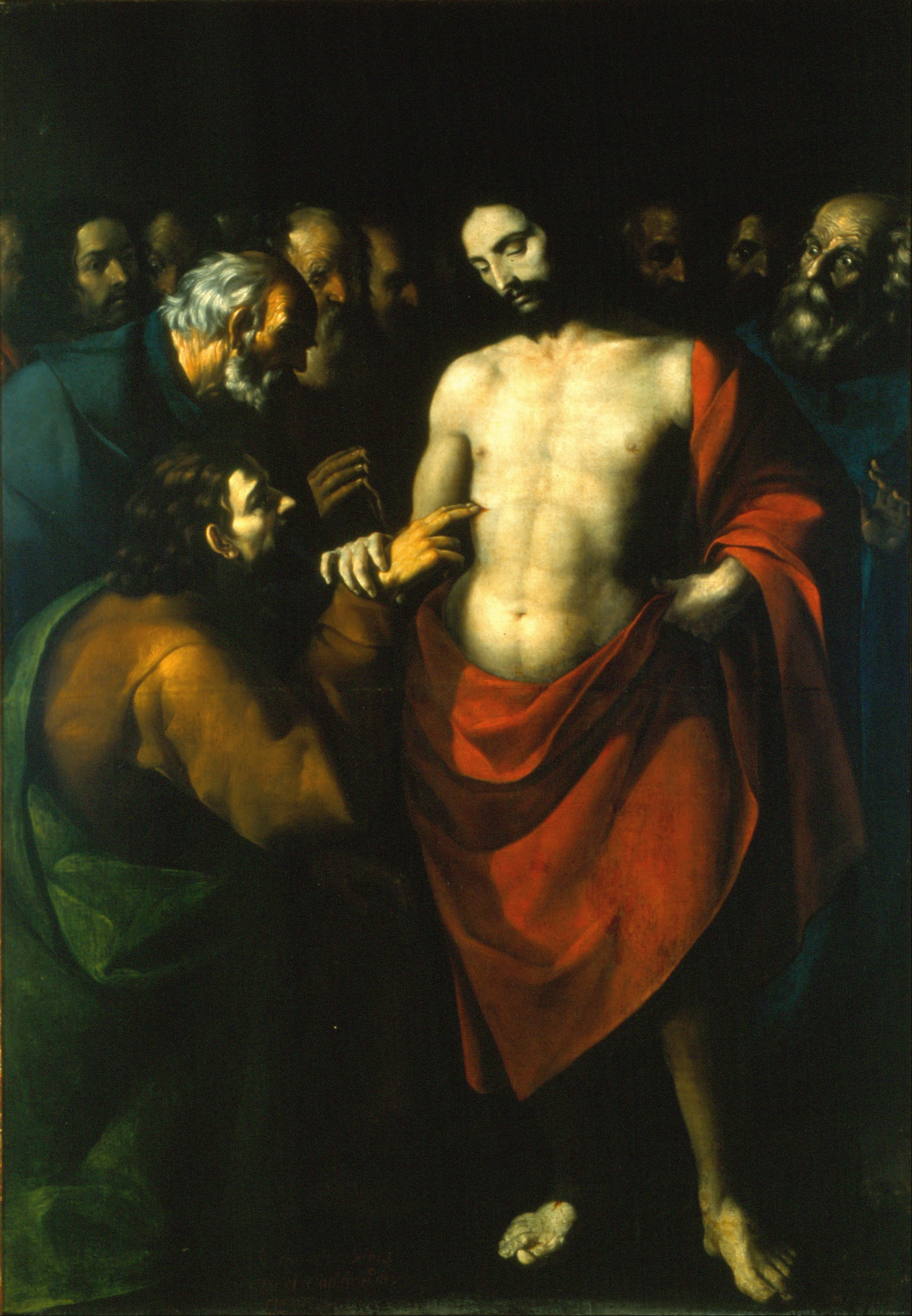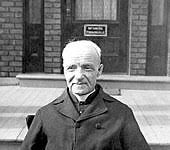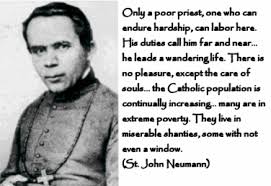A blessed and joyous Easter to all our readers, and may the grace of the Risen Christ fill your hearts with a faith, hope and charity that transcends the travails of this world, allowing us to see beyond the veil, as the Apostles did. As Christ promised us, ‘He has made all things new…’
Here are some words of the Holy Father, Pope Saint John Paul II, signifying that what is old is new again, and those ‘travails of the world’ of a quarter-century ago – yes that was the nineties – are with us still.
Regardless, I thought the hope of Saint John Paul might brighten your Easter morning, should you be perusing these pages, enjoying some fine coffee and dark chocolate, or whatever your Catholic indulgence may be. (Editor)
| Easter Message 7 April 1996
1. Surrexit Dominus de sepulchro qui pro nobis pependit in ligno. He is risen, the One who was nailed to the Cross for us; the Lord has left the tomb. These are the final and definitive words of the days of the Triduum Sacrum: after the words of the Last Supper, and of the prayer in Gethsemani, and those of Good Friday. “Ecce lignum Crucis, in quo salus mundi pependit”. After the profound silence of Holy Saturday, at daybreak on Easter morn there resounds the proclamation: “Surrexit, non est hic” (Mk 16:6 “God raised him on the third day and made him manifest” (Acts 10:40) to those who would be witnesses of his Resurrection (cf. 3:15). The One who died hanging on the Cross is alive; “The Lord has risen indeed, and has appeared to Simon” (Lk 24:34). Today, the Successor of Peter bears witness once again to the Lord’s Resurrection. Pascha Domini Nostri Jesu Christi: Brothers and Sisters, it is the Passover of the Lord in the year 1996, at the threshold of the Third Millennium. 2. “The stone which the builders rejected has become the corner stone” (Ps 118:22; cf. Mt 21:42). “Stone rejected”, stone rebuffed! How better could be expressed what happened on Good Friday? “Away with him, away with him, crucify him!”, The crowd had cried. “Shall I crucify your King?” Pilate had asked. “We have no king but Caesar” (Jn 19:15), insisted the high priests. “He ought to die, because he has made himself the Son of God” (Jn 19:7). And he did die, the Son of God! We have contemplated the agony of the “Author of life” (Acts 3:15). We have observed his shameful death on the Cross. 3. And today? If the tomb is empty, if he is alive, has it not proved true what the Roman centurion, upon seeing how Christ died, had declared: “Truly this was the Son of God” (Mt 27:54)? And if he is risen, is he not indeed, in the history of humanity, the corner-stone and the keystone of the divine edifice? Yes! It is God himself who builds upon him the New Covenant of faith, hope and love. The Covenant of love and immortality: because “he knows not the corruption of death, the Lord of life…”. 4. “This is the work of the Lord, a marvel in our eyes” (Ps 118:23). Yes! We are witnesses of the marvel; witnesses of the power of God. Divine power, which is Life made manifest and communicated to give a new face to existence and to the hopes of the men and women of our day too. Power which reveals goodness and condemns evil and its tragic consequences. Divine power, which is the source of fresh vitality, capable of softening even hardened hearts and renewing courage in those who, having lost their way, wander aimlessly, pilgrims of the void. Divine power, which is the condition of the true freedom for the human race, to whom it proclaims, today and always: Love has conquered hatred. 5. O Risen Christ, Redeemer of the human race, enlighten and guide all those who are building peace, every day and in every corner of the globe, at the cost of great sacrifices. O Victor over death, strengthen the artisans of justice and peace in Bosnia and Hercegovina, In Ireland and the Middle East, and particularly in the Holy Land, where hopes for peaceful co-existence are still jeopardized by recourse to force and violence. Comfort those who reject the inevitability of ethnic rivalries in Burundi and Rwanda. Allay the sufferings of those who are subjected to the violence of arms in the Caucasus, in Afghanistan, Algeria, the Sudan, and in so many other regions of the world. May hope not be extinguished in those who—in Africa, Latin America, Asia and Europe— trust that at last a hearing will be given to their legitimate aspirations to employment, to housing, to greater social justice and true freedom of conscience and religion, hindered at times by the intransigence precisely of the followers of other religions. 6. Surrexit Dominus: the Lord is risen and grants to those who share in his triumph over death the courage and the strength to continue to build up a new humanity by refusing every kind of violence, sectarianism and injustice. The Lord of life has risen with power, bringing with him love and justice, respect, forgiveness and reconciliation. The One who from nothingness had called the world into existence, only he could break the seals of the tomb, only he could become the source of New Life for us, who are subject to the universal law of death. “Who will roll away the stone for us from the door of the tomb?” (Mk 16:3), the women were asking one another, when very early they were going to the tomb where the Lord had been laid. To this question, asked by the people of every age, of every country, culture and continent, the Bishop of Rome replies, this year too, with the message “Urbi et Orbi”: “Scimus Christum surrexisse a mortuis vere…” Yes, we know for certain that Christ is truly risen from the dead: You, victorious King, have mercy on us. Amen! Alleluia! |
| Taken from: L’Osservatore Romano Weekly Edition in English 10 April 1996. Provided Courtesy of: |










